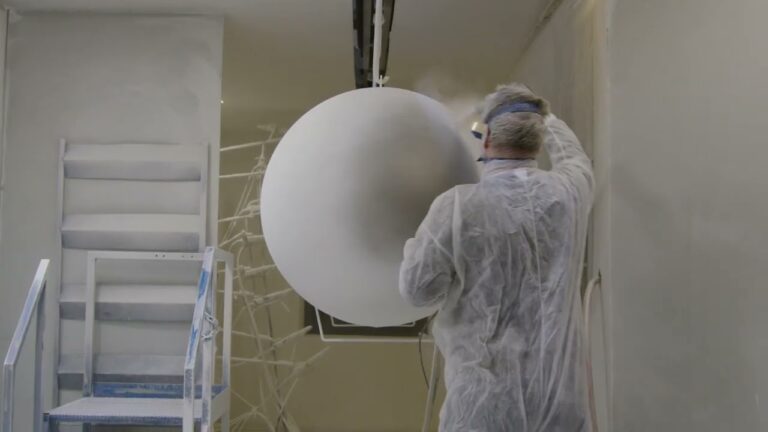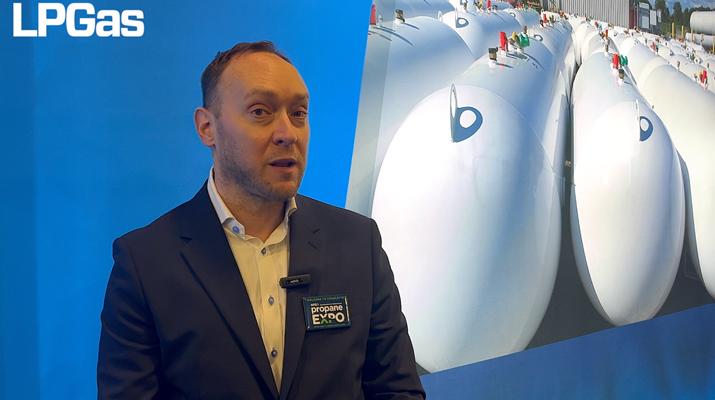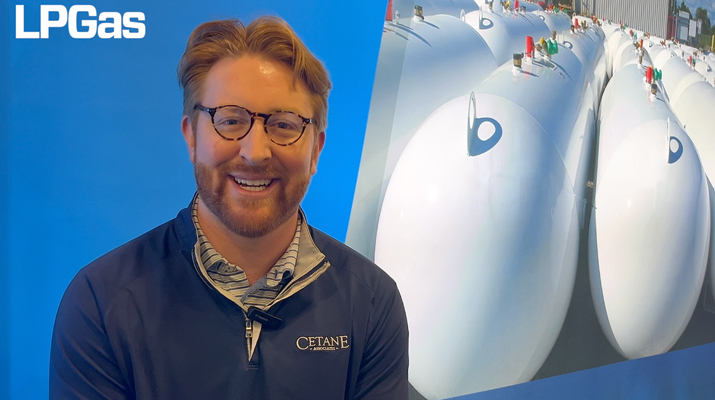Steve Whaley shares how propane plays a key role in student transportation
Steve Whaley, alternative fuels manager for Blue Bird Corp., compares propane versus diesel school buses and shares how Blue Bird strives to offer clean, safe rides to students across the country.
Read more:
- Blue Bird’s Steve Whaley targets alternatives to diesel
- Blue Bird begins production of propane buses with new engine
- Blue Bird to produce updated propane school buses
Transcription
Steve Whaley: Blue Bird is a bus manufacturer that makes diesel buses, gasoline buses, propane buses and electric buses. My focus is on the alternatives to diesel.
Since 2006, I’ve been involved in the alternative energy space for transportation, working for a propane company, working for a propane solution manufacturer, doing some work in CNG on the large class eight vehicles, then coming to the Propane Education Research Council for five years, working in all the over the road market segments, but now I get that bluebird to focus in on my favorite market segment, and that’s that’s student transportation.
We have the greatest, you know, honor and joy and responsibility in moving our greatest asset, and that’s our kids, to and from school, but doing it in a very safe, clean environment, and we can do that very well with probate. We all know and want to have a clean, safe ride for kids to and from school and I’m really proud of the fact that my organization has now switched to 62 percent of all the busses that we make are alternatives to diesel and propane is a very large part of that.
We have about 2000 electric busses on the road and about 20,000 propane busses on the road in over 1100 school districts nationwide, there’s there’s always a chance to lose to other energy sources. And so positioning the message is, is very important. The market share now is very good. Diesel is being, quite frankly, squeezed out of existence. The emission regulations on diesel have been changed dramatically.
Even in this last year, we’re going from 2023 to a model year unit 2024 has gone from a .2 level of NOx down to a .05 level of NOx. So you know, people who work on diesel engines and have to buy diesel engines. They’re spending a lot more money on this after treatment, and they’re spending a lot more money on this servicing of this after treatment. And it’s going to get a lot worse, because 2027 brings up a new standard, even lower, to .03, .05, and then in 2031 it’s .02. So it really literally is being strangled out of existence.
Our propane product today is already at .02 levels of emission. So it’s safeguarded until the next decade. And so it makes it a very successful prospect, because they know now in student transportation circles, they know now that they can’t stay on diesel.
















